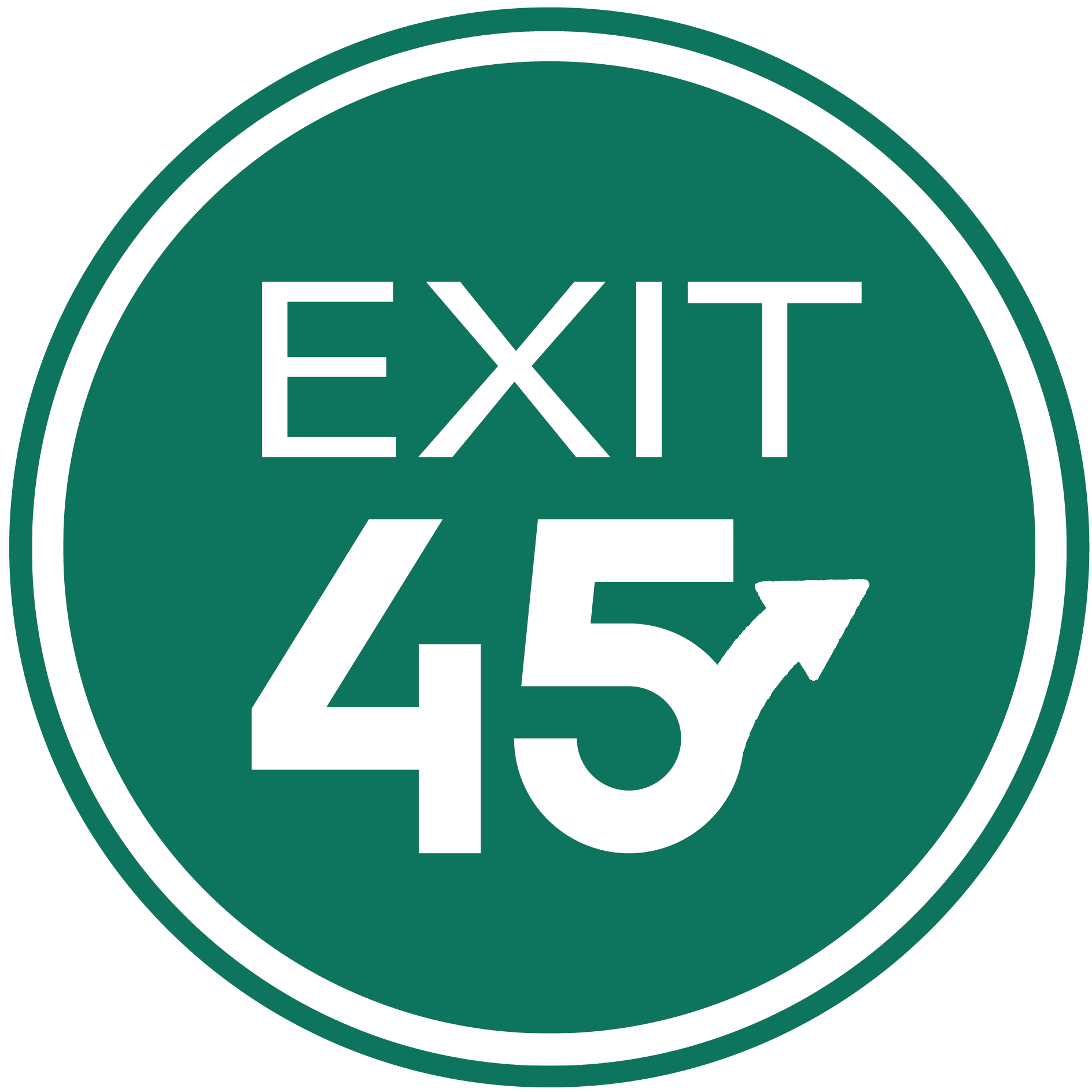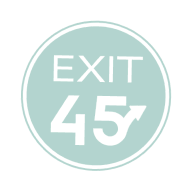Personal Goodwill When Selling a Business
As a business owner, you should always be asking “ What Is My Company Worth?”. The fact is that only about 20-25% of small business ever sell, primarily because of business owners’ failure to plan for a sale. For most company owners, their business is usually their largest asset. Your investment advisor sends you quarterly or monthly statements so you can monitor your financial progress. Doesn’t it make sense to monitor the what your company is worth every couple of years? Are you, like most business owners, relying on the sale of your business to fund your retirement?
By learning how to answer the question “ What Is My Company Worth?” you will begin to understand the most important factor that drives business value. So what is that key factor? It’s earnings, specifically “seller’s discretionary earnings”, which is your compensation as an owner including all your perks, added to EBITDA (Earnings before Interest, Taxes, Depreciation and Amortization).
Business valuation professionals utilize complex formulas requiring a lot of assumptions regarding future cash flows and cost of capital to compute the value of a company. (Read About Professional Business Valuations.) However, a business owner can develop a reasonable estimate of his company’s worth by learning how business brokers apply a multiple to historical seller’s discretionary earnings (SDE) to evaluate business’ worth.
Will Your Business Qualify for Personal Goodwill?
To determine if personal goodwill might exist, can you answer “yes” to these two questions:
- Is the company reliant on the owner’s expertise, abilities and knowledge?
- Is the owner’s relationship with the company’s customers critical to survival
of the business?
And, can you answer “no” to these two questions:
- Does the owner have an employment agreement with his corporation?
- Does the owner have a non-compete agreement with his corporation?
Another question to consider is: If the owner leaves to start a new company, would many of the customers follow him to the new company? If yes, it’s a positive indicator of personal goodwill. However, based on historical tax court decisions, it’s unlikely that personal goodwill can exist if the owner has a non-compete agreement with his existing corporation because if he leaves, his customers are precluded from following him by the terms of the non-compete agreement. In essence, due to the existence of the non-compete agreement, the customer goodwill belongs to the corporation. Confusing, isn’t it?
Personal Goodwill is a Separate Transaction
If personal goodwill is deemed to exist, it should be sold separately (but contemporaneously) from the C-Corporation’s tangible assets. In other words, there should be two sets of definitive documents, one to transfer the tangible assets of the C-Corporation and the other to transfer the personal goodwill of the owner. And there should be a non-compete agreement between the seller/shareholder and the buyer’s corporate entity. In this instance, the non-compete agreement assures the transfer of the personal goodwill to the buyer’s entity.
There are many other aspects that must be researched and considered to successfully achieve a transfer of personal goodwill when selling a business. It is a very complex undertaking. If you think personal goodwill might be a possibility for your situation, be sure to seek advice from a qualified tax professional, preferably one with previous experience in the specialty area of personal goodwill.
For a more complete understainding of the tax consequences of selling your business check out the article: C-Corp vs. S- Corp Tax consequences when selling
Disclaimer
The above content is provided for informational purposes only, and should not be construed as tax or legal advice. As it relates to a business sale, tax regulations are very complex. You should always seek the advice and counsel of an experienced and competent tax professional.


